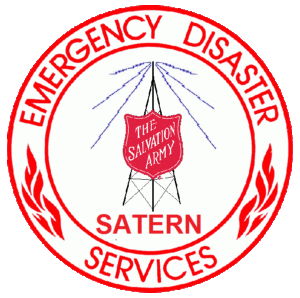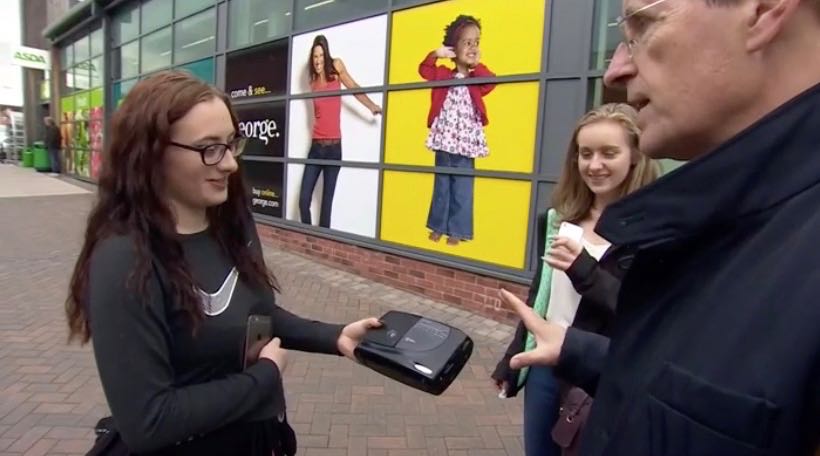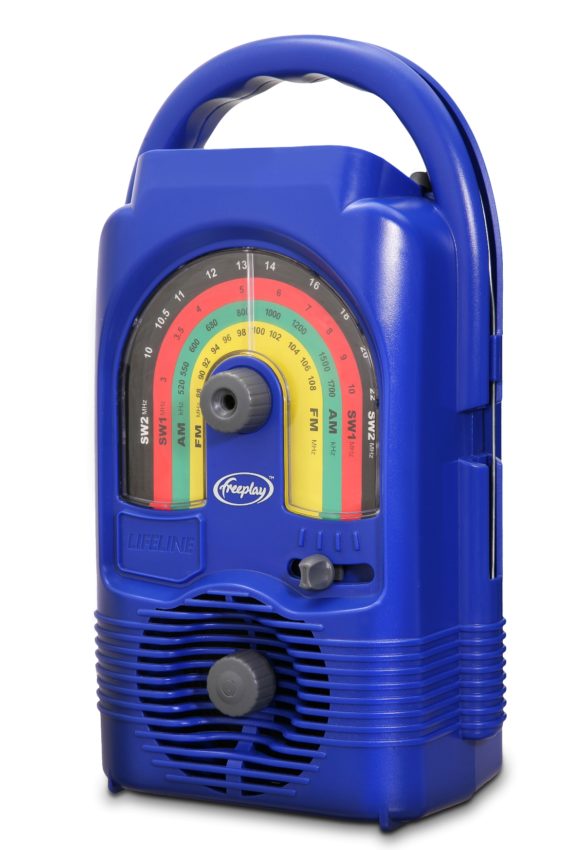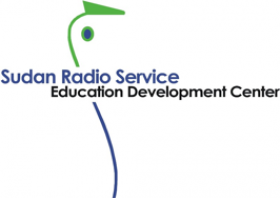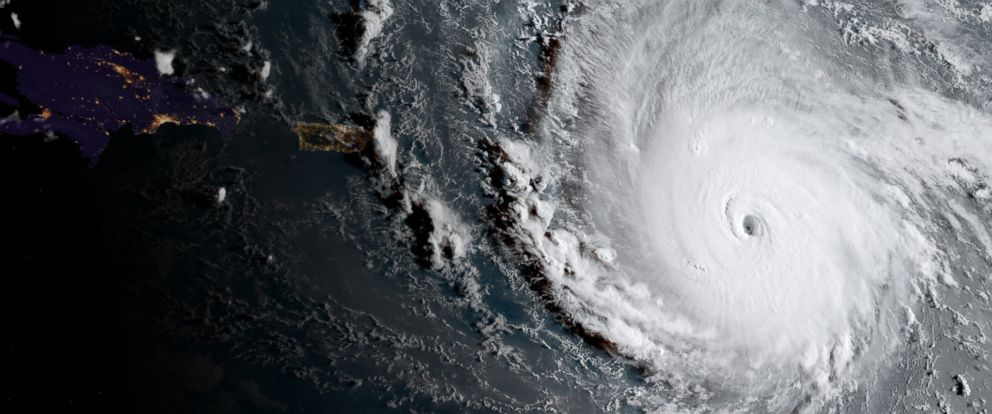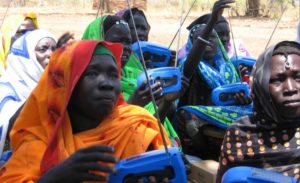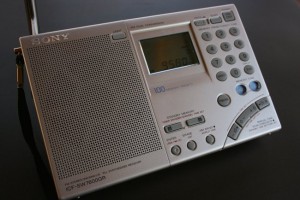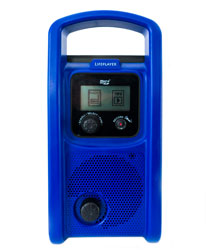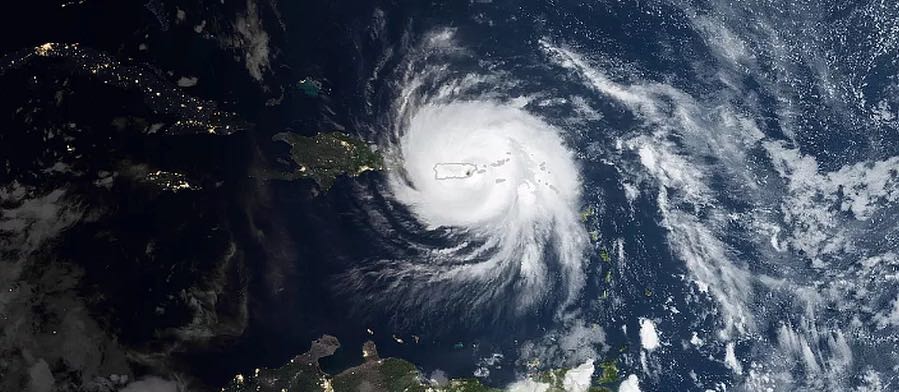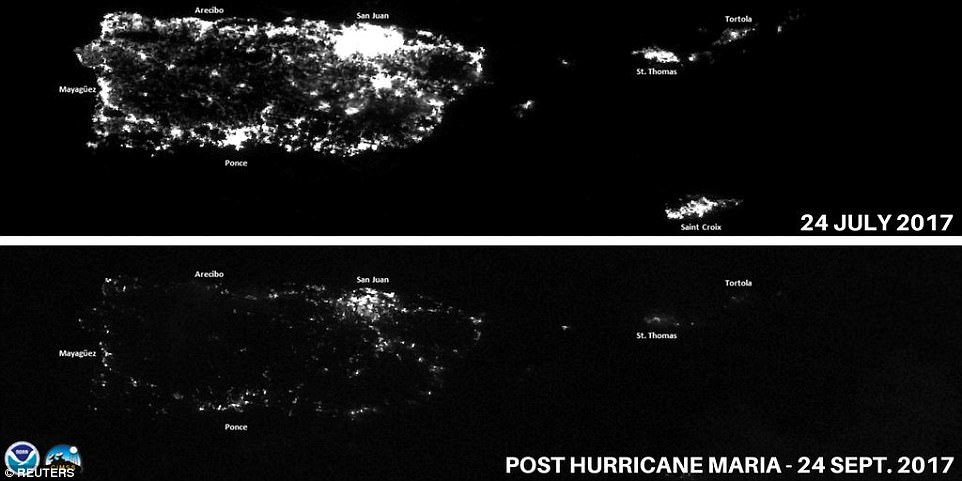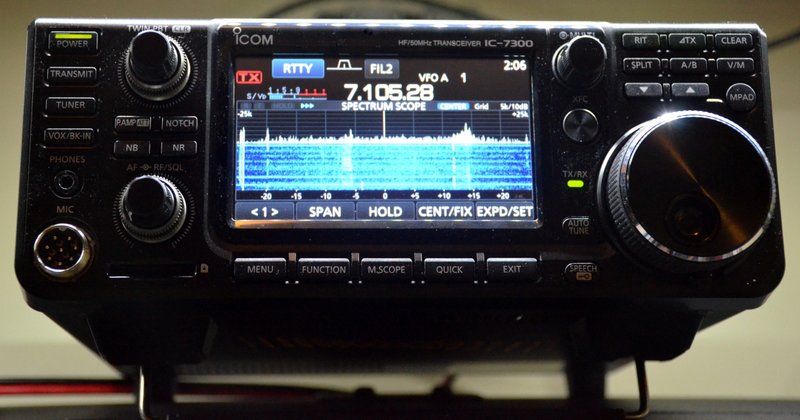(Source: Salvation Army Team Radio Network via Eric WD8RIF and ARRL)
The Salvation Army’s Eastern Territory has asked SATERN to begin recruiting amateur radio operators from our Salvation Army Team Emergency Radio Network (SATERN) for potential deployments to the Puerto Rico & Virgin Islands Division.
THIS IS A RECRUITMENT REQUEST TO BE ON STANDBY ONLY!
This will not be an easy deployment so operators interested in deploying on behalf of The Salvation Army should carefully read and ensure that they can meet the conditions and requirements in the attached document(s):
Qualifications:
- Candidates must be capable of doing the work and meeting the qualifications contained in the attached Position Description for a Communications Specialist. The only exception to this is the requirement for Medic First Aid Training. That or similar training is a plus but not mandatory.(See attached file: SATERN-Communications_Specialist-Official.pdf)
- Additionally, candidates must be capable of meeting the qualifications and experience and equipment requirements contained in the attached document below.(See attached file: HurricaneMaria-SATERN_Deployment_Requirements.pdf )
- Candidates should pay close attention to the information in both documents. This will be an especially challenging deployment physically, emotionally, spiritually and technically. Do NOT sign up if you are not prepared for this.
- Candidates MUST fully complete a volunteer profile in the National Emergency Disaster Services (EDS) Volunteer Database. Instructions for creating a profile in the database are contained below my signature block.
Logistical Issues:
- DEPLOYMENT LOCATION: Puerto Rico or one of the U.S. Virgin Islands.
- DEPLOYMENT DATE(S): Not known at this time but could be as early as next week.
- DEPLOYMENT LENGTH: Operators should plan on a minimum two week (14 day) deployment. Be aware that travel to and from these areas is difficult and there are no guarantees of it being exactly two weeks.
- LODGING: Lodging will very likely be basic shelter style lodging in a church, gym, warehouse or similar rough arrangement. Be well prepared for hardship conditions. You will need to bring your own sleeping bag, cot (if you have one), etc. However, there is a possibility that there will be availability on the USS Kennedy, USS Wright or other ships.
- MEALS: Meals will likely be provided by The Salvation Army at whatever Incident Command Post (ICP) you are assigned to. It will likely be very basic meals served from one of our canteens (mobile kitchens).
- EXPENSE: The following essential expenses will be reimbursed:
- Travel expenses.
- Other expenses pre-authorized by officials of the Incident Management Team (IMT) at the site you are deployed to.
- Bring CASH – about $500 is recommended. Remember that all power, phone and internet are disrupted so it is highly unlikely you will be able use a credit card. Cash is KING on a deployment.
- EQUIPMENT:
- You will need to bring your own radio equipment as outlined in the attached document(s) above. It needs to be in good condition and capable of operating under conditions similar to, or more strenuous than, the worst Field Day imaginable.
- The Salvation Army will not reimburse repairs or replacement for your equipment. That responsibility belongs to the deployed operator and it is highly recommended that you make sure that your equipment is fully insured.
Becoming A Candidate:
Anyone who meets the above qualifications and desires to be deployed should do the following:
- Complete the volunteer registration. This includes completing the online course, Introduction to Salvation Army Emergency Disaster Services.
- Complete the form shown here.(See attached file: HurricaneMaria-SATERN_Deployment_Survey.pdf PDF Kb )
- Inform the following people by email of your interest in being on standby for a possible deployment AFTER completing number 1 and number 2 above.
- You must email your notification along with the COMPLETED form in number 2 above to the National SATERN Liaison (see (i) below and to your Territorial SATERN Coordinator who is one of the four people listed in (ii) below:
- The National SATERN Liaison: Bill(dot)Feist(at)USS(dot)SalvationArmy(dot)org
- The Territorial SATERN Coordinator for the state you live in (see below):Central Territory (IA, IN, IL, KS, MI, MN, MO, ND, SD, NE, WI):
Bill Shillington (W9ZCL): SAOpsChief(at)aol(dot)comEastern Territory (CT, DE, MA, ME. NH, NJ, NY, OH, PA, PR, RI, USVI, VT)
Maj. Tom Dingman (K2QMU): Tom(at)K2QMU(dot)netSouthern Territory (AL, AR, FL, GA, KY, LA, MD, MS, NC, OK. SC, TN, TX, VA, WV)
Bill Feist (WB8BZH): Bill(dot)Feist(at)USS(dot)SalvationArmy(dot)orgWestern Territory (AK, AZ, CA, CO, HI, ID, MT, NM, NV, OR, UT, WA, WY)
Bill Feist (WB8BZH): Bill(dot)Feist(at)USS(dot)SalvationArmy(dot)orgPlease do not call the National SATERN Liaison on his cell phone. Send any questions you have by email.
Deadline: I need to know as soon as possible but certainly no later than the end of Sunday, 01 October 2017.
Thank you for giving this serious consideration. I look forward to hearing from you by no later than Sunday, 01 October 2017.

